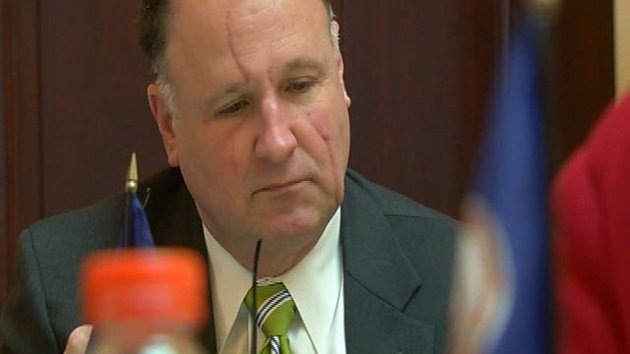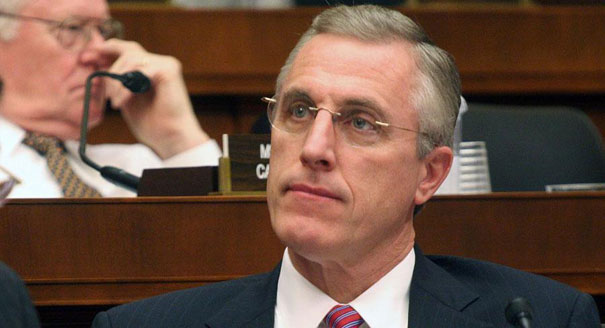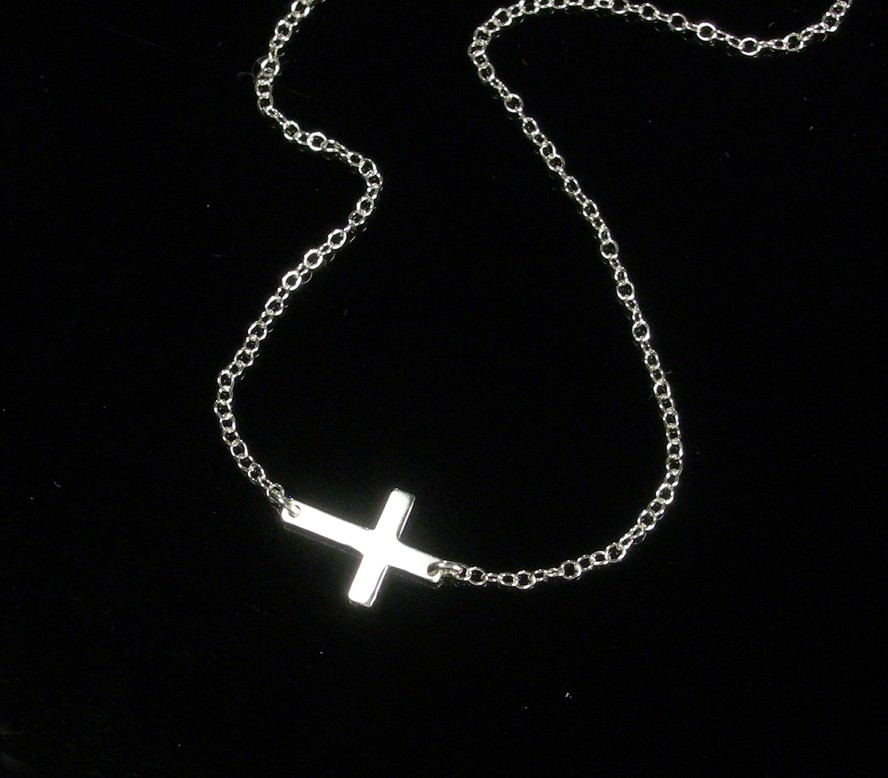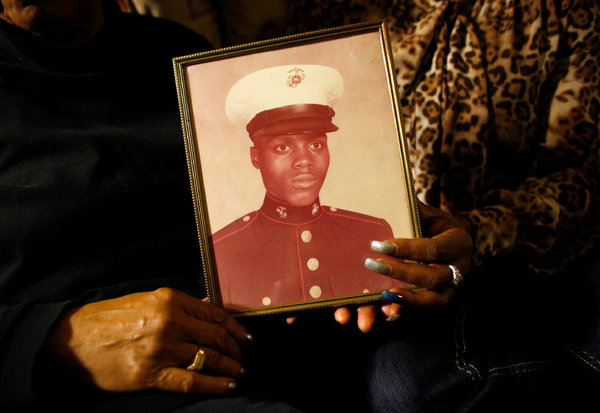
A top state official whose department was under investigation had contact with the Virginia Inspector General’s office while it was looking into the Creigh Deeds’ tragedy, according to an article published yesterday in The Daily Progress in Charlottesville.
Virginia Secretary of Health and Human Resources Bill Hazel acknowledged that he called state Inspector General Michael F.A. Morehart to discuss the case while Morehart’s office was conducting its probe. Both men said there was nothing improper about their conversations.
Inspector Generals are independent fact finders and are not supposed to be influenced by state officials, especially when they are conducting probes of their departments.
G. Douglas Bevelacqua, the IG investigator who was conducting the investigation, revealed the two men’s behind-the -scenes conversations. He said Hazel referred to him as a “loose cannon” in a call to his boss.







